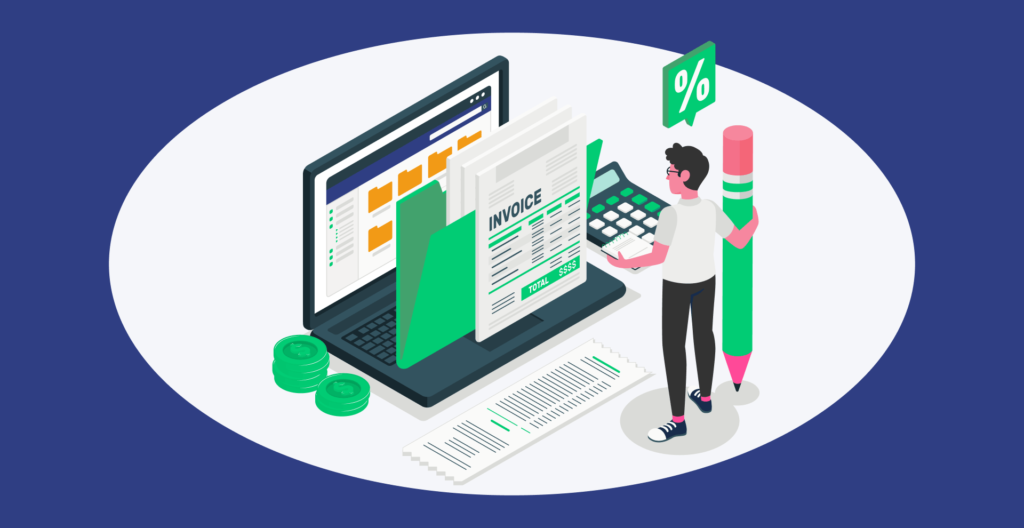In today’s fast-paced business landscape, staying on top of your financial records is crucial for success. Accounting software has emerged as the cornerstone of efficient financial management, providing businesses of all sizes with a robust blueprint for fiscal success. This transformative technology streamlines the complex processes of financial tracking, analysis, and reporting, empowering organizations to make informed decisions, ensure compliance, and ultimately thrive in a competitive marketplace. One of the primary benefits of accounting software is its ability to automate repetitive tasks, reducing the risk of human error and saving valuable time. Routine financial transactions, such as data entry, invoice generation, and payroll processing, can be automated with precision and accuracy. This not only eliminates the need for manual calculations but also ensures that financial data remains consistent and error-free. By automating these processes, businesses can focus on higher-value activities, such as strategic planning and business growth.

Moreover, accounting software offers real-time financial insights. It provides up-to-the-minute data on income, expenses, cash flow, and profitability, allowing businesses to make informed decisions promptly and Click Here. With the right accounting software, businesses can anticipate financial challenges and proactively address them, paving the way for fiscal stability and growth. Another critical aspect of accounting software is its role in ensuring compliance with tax laws and financial regulations. The software is equipped to handle complex tax calculations and generate accurate tax reports. It also helps in tracking expenses and income categories required for tax filing. This reduces the risk of non-compliance, penalties, and costly audits, providing peace of mind for businesses navigating the intricate landscape of taxation. In addition to tax compliance, accounting software aids in financial reporting. It simplifies the process of creating detailed financial statements, balance sheets, and profit and loss reports. These reports are indispensable for assessing the financial health of a business, securing financing and communicating financial performance to stakeholders.
Modern accounting software often includes customizable reporting features, allowing businesses to tailor reports to their specific needs and preferences. Furthermore, accounting software promotes collaboration and transparency within an organization. It enables multiple users to access and update financial data simultaneously, fostering collaboration among departments and teams. This accessibility and transparency lead to better communication and decision-making, as everyone has access to the same accurate and current financial information. In conclusion, accounting software is undeniably the blueprint for fiscal success in today’s business world. It offers automation, real-time insights, tax compliance, accurate financial reporting, and enhanced collaboration all essential elements for thriving in a competitive landscape. By implementing the right accounting software, businesses can streamline their financial processes, make informed decisions, and achieve greater fiscal stability and success. It is not just a tool; it is a strategic asset that empowers businesses to reach new heights in financial management and growth.